Summary
- Ceodore, Firion, and Vaan are weaker Final Fantasy protagonists compared to others in the series.
- The strength of these heroes varies due to factors such as lack of divine strength or a focus on gathering a party.
- Despite their weaknesses, these protagonists still demonstrate bravery and determination in their respective games.
Although the Final Fantasy series’ protagonists are renowned across the video game industry as world-saving and even reality-saving heroes, some of the franchise’s champions remain relatively frail. Whether this is from a more ardent focus on gathering a worthy party of friends to aid them, or through a lack of divine strength, the Final Fantasy series has a vast spectrum of strength for its protagonists to rest on.
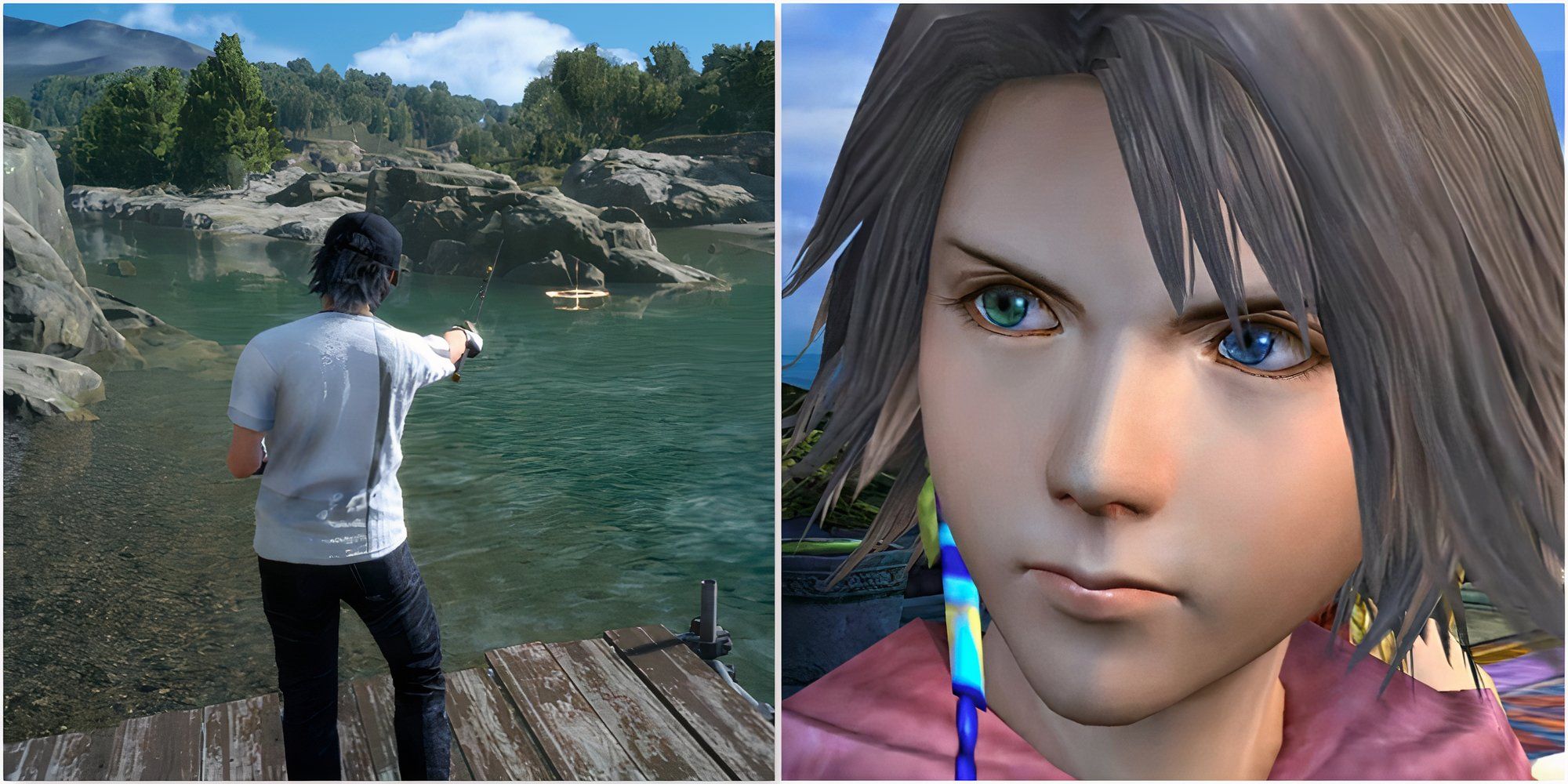
Related
6 Final Fantasy Games That Are Immediately Fun
Those who don’t have much time to wait should check out these Final Fantasy games, which will hook them from the first minute.
From the series’ inaugural protagonists remaining as mortal swordsmen who grasp destiny with their hands to lucky heroes who are arguably weaker than their less star-studded allies, the Final Fantasy series is filled with protagonists who are more than willing to remain on the weaker side.
8
Tidus
Final Fantasy 10’s Posterchild Whose Strengths Lie In Out-Of-Combat Activities
Despite his place as Final Fantasy 10‘s player-character and the title’s North American box art, Tidus’ Blitzball prowess and prowess with melee weapons do little to bolster his strength when compared to the Final Fantasy series’ roster of commanding protagonists.
Although he can wield White magic and the Ultima weapon Caladbolg, Tidus remains an aggressively average protagonist when placed alongside Square Enix’s legacy of overpowered heroes. As such, although he proves his mettle in more than a handful of demanding situations – culminating in the ultimate defeat of Yu Yevon – Tidus’ strength compares very unluckily when contrasted against the Final Fantasy series’ nearly 40 years of near-mythological champions.
7
Ceodore Harvey
The Son Of Final Fantasy 4’s Hero With A Dwindling Power In Comparison
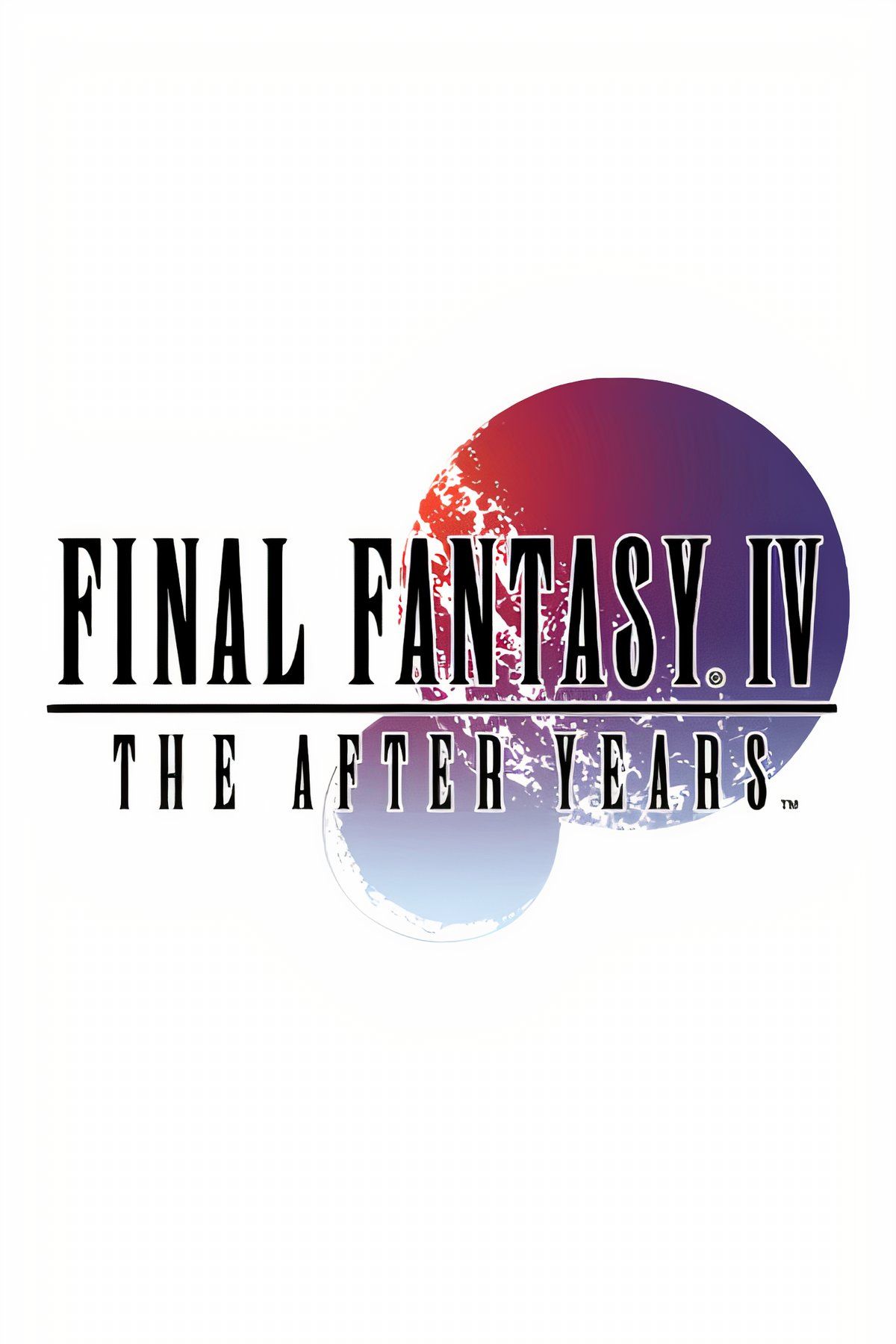
Final Fantasy 4: The After Years
- Released
-
June 1, 2009
- ESRB
-
e
Considering the quantity of remasters and reissues of 1991’s Final Fantasy 4, the expansive sequel Final Fantasy 4: The After Years is set and released 17 years after the Super Nintendo Entertainment System original. However, in positioning its protagonist as the knight-in-training son of the classic title’s hero, the placement of Ceodore Harvey is as one of the title’s many moving parts.
While Ceodore collaborates with his party to aid his father in defeating the Dark Knight, and slowly unearths a sense of worth and independence during the title’s approximately 40-hour runtime, his position in the annals of Final Fantasy history is somewhat murky. Although his heritage stems from one of the series’ most recognizable heroes, Ceodore’s lack of training and collaborative position means that he is rarely the most powerful member of his party – let alone the game itself.
6
Firion
A Rebellious Warrior Who Fits The Bill As Final Fantasy 2’s Protagonist
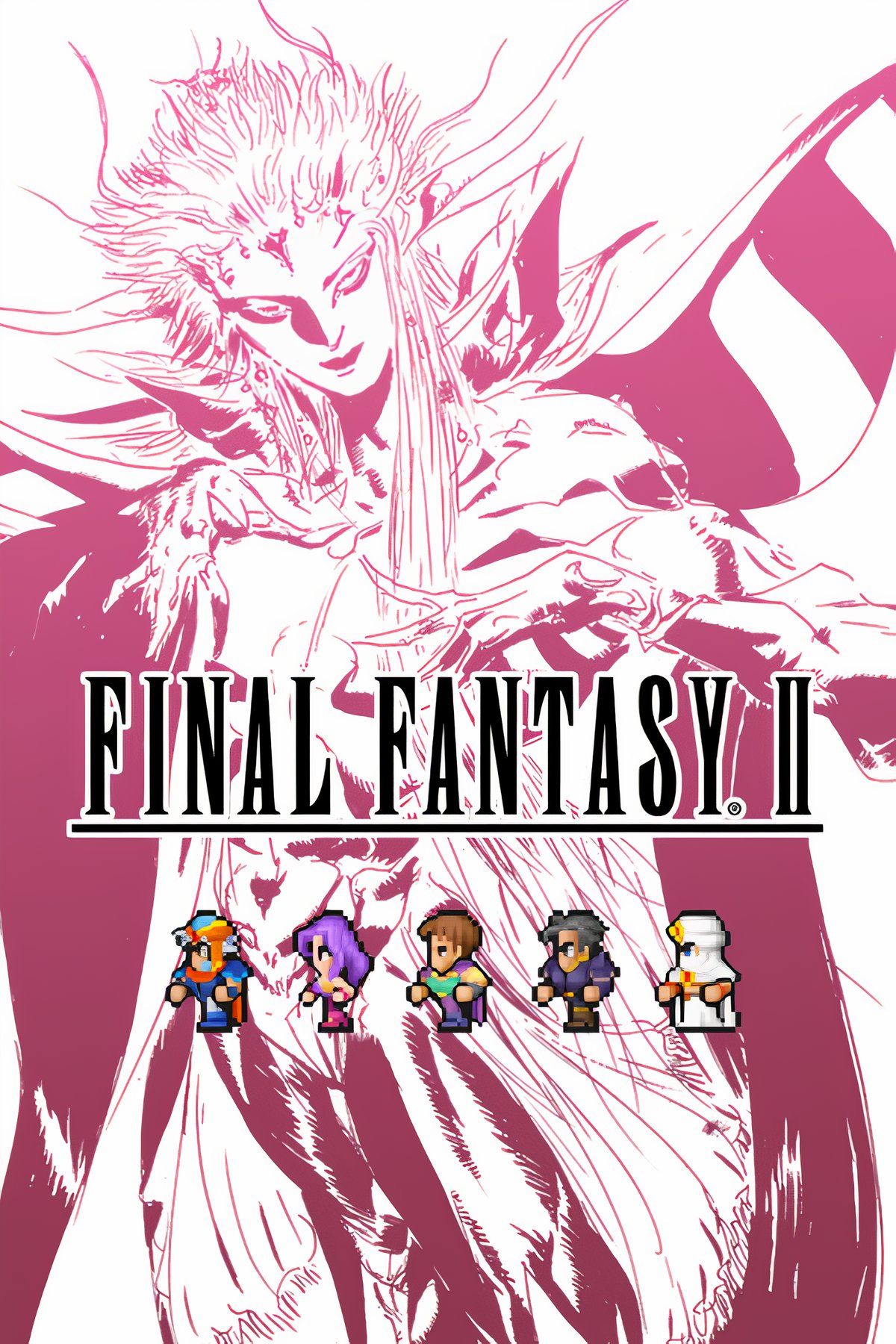
- Released
-
December 17, 1988
- ESRB
-
t
Although the Final Fantasy franchise has garnered a much-deserved legacy for influential RPG titles, many of the earlier entries in the series have become somewhat arduous to return to. Despite its early placement in the franchise’s entries, Final Fantasy 2 presents a relatively focused narrative regarding the swordfighter Firion as he joins the rag-tag Wild Rose Rebellion in response to the overpowering might of the Palamecian Empire.
Yet, despite an arguably complex plot compared to the trope-led setting of the series’ inaugural title, Firion’s position as a player-insert character with seemingly unending flexibility is a continuation of Final Fantasy‘s original open-ended structure. Even with the brave defeat of the Palamecian Emperor in collaboration with the rest of his party, Firion’s canonical strength is nothing overwhelmingly poignant – especially when compared with the power of the franchise’s future God-smiting heroes.

Related
6 Final Fantasy Games That Are Immediately Fun
Those who don’t have much time to wait should check out these Final Fantasy games, which will hook them from the first minute.
5
The Warrior Of Light
The Series’ First Hero Who Found Legend With Bravery Over Strength
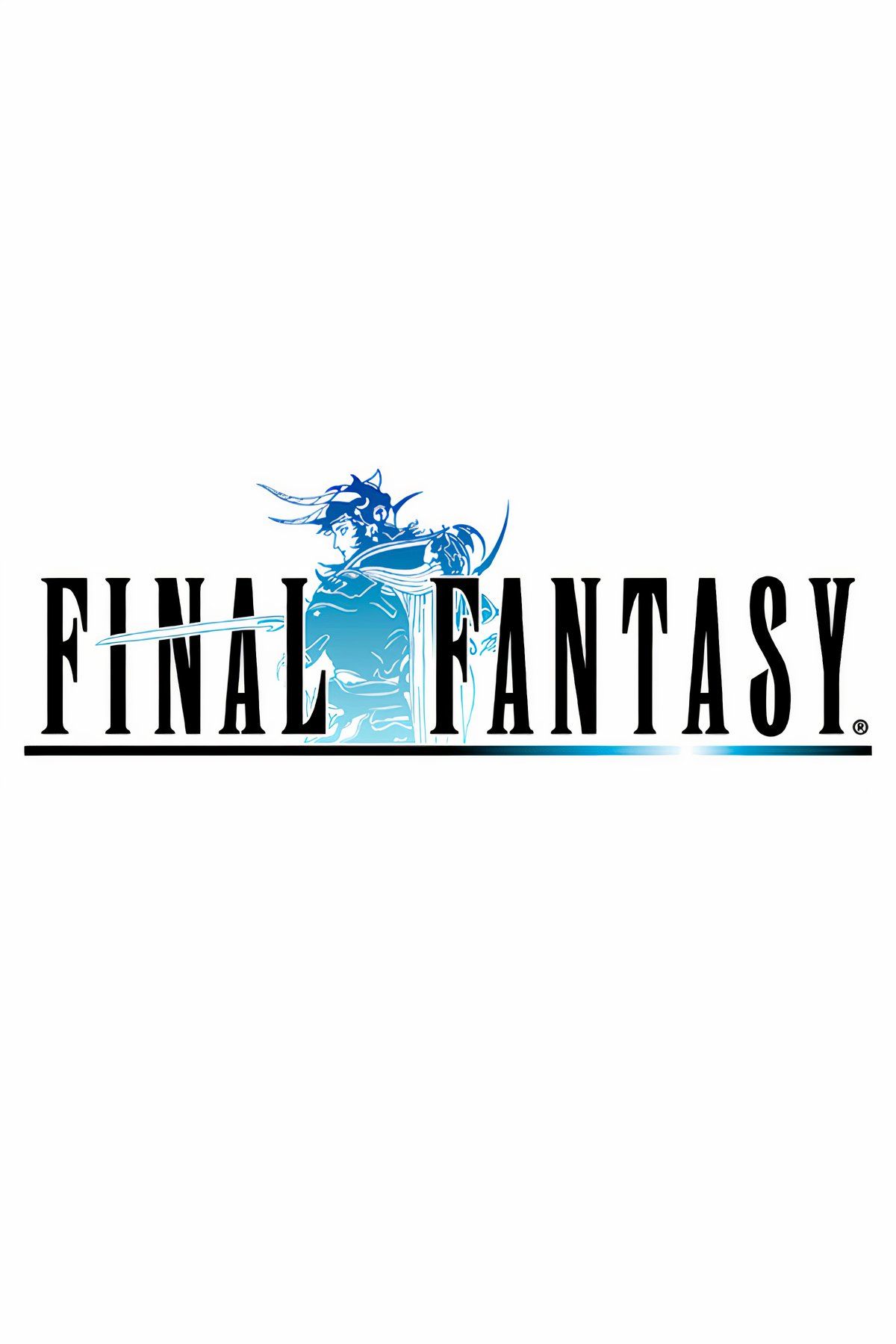
- Released
-
December 18, 1987
- ESRB
-
e
Despite its legendary status as the franchise’s 1987 inaugural title, the original Final Fantasy game acts as more of a video game adaptation of tabletop fantasy adventures than some of its successor installments.
While its party is made up of four Warriors of Light, “its straightforward nature” relies on the player doing much of the narrative and mechanical heavy lifting for its party characters. As is the case for the series’ earlier entries, Final Fantasy restricts its narrative and positions its protagonists in such a way that they are blank canvases for players to transplant their personality and playstyle. Even though the Warriors of Light are talented swordsmen and can achieve great feats in cleansing the world of evil, Yoshitaka Amano’s celebrated artwork is as close as many players will get to achieving any level of temperament with this NES title’s hero.
4
Luneth
A Modern Remnant Of The Series’ Early Blank-Slate Hero Structure
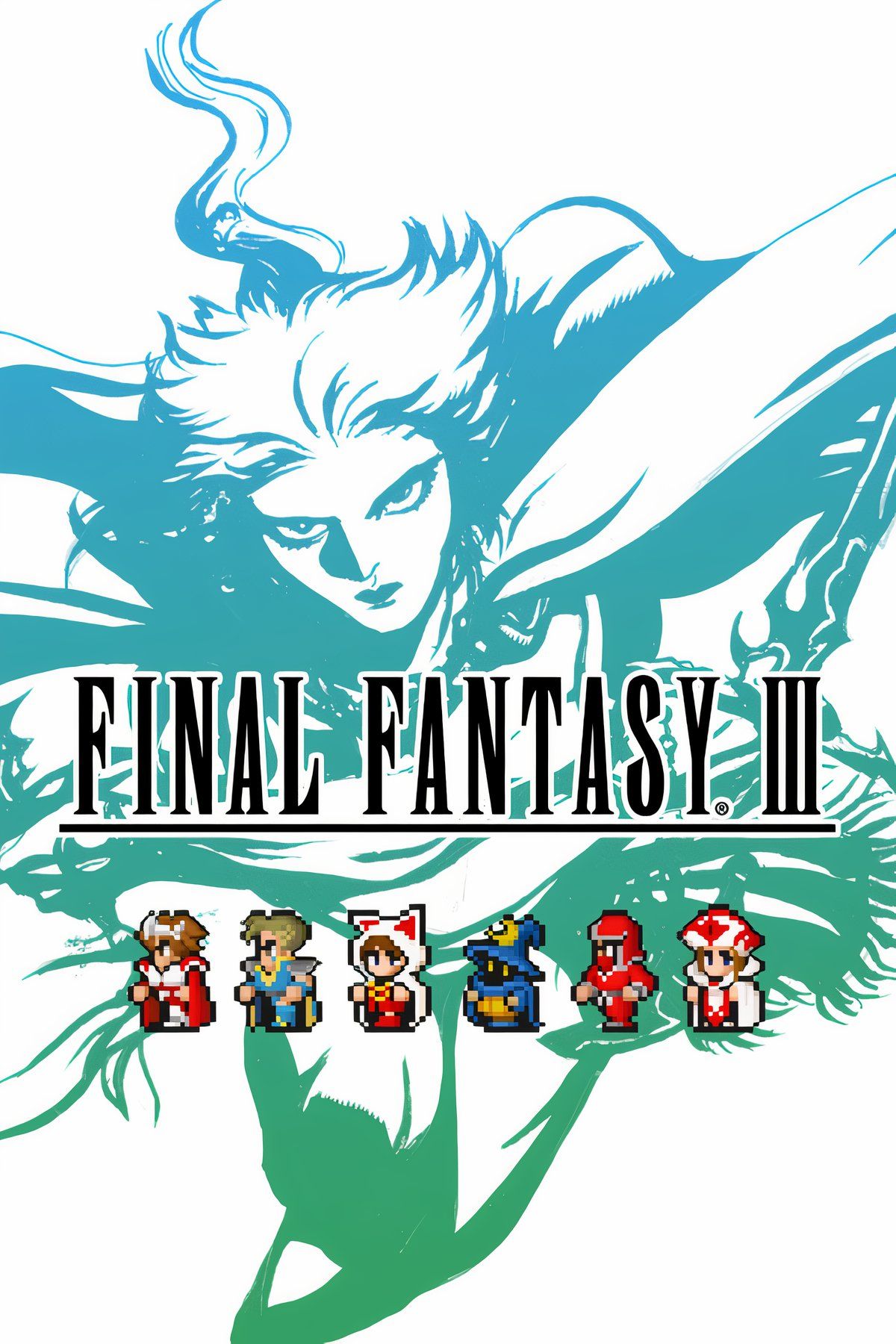
- Released
-
April 27, 1990
- ESRB
-
m
Although his cheerful impulsiveness was not overtly presented to players until Final Fantasy 3‘s 2006 remake, Luneth – one of the four orphaned protagonists of 1990’s Square Enix RPG – is one of the series’ oldest heroes. Similarly to other early Final Fantasy protagonists, Luneth acts as more of a blank slate for players to impose their heroic vision, which is reflected in his initial position as a Freelancer.
However, in contrast with some of the traditional heroes of the Final Fantasy titles predating Final Fantasy 3‘s remake, Luneth is depicted in some of the title’s full-motion video cutscenes donning the garbs of the Warrior class. Despite this, and collaborating to defeat the Cloud of Darkness in the title’s penultimate moments, Luneth remains “ultimately a pretty generic figure” even when compared to his early Final Fantasy contemporaries. With the limitations of the series’ early mechanical roots and a lack of defining heroics to claim as his own, he is simply overshadowed by even some of the more underwhelming RPG series’ heroes.

Related
8 Bravest Final Fantasy Protagonists, Ranked
Final Fantasy is a series filled with courageous heroes, but these protagonists stand above the rest.
3
Benjamin
The Paper-Thin Hero Inhabiting The Series’ Entry-Level Title
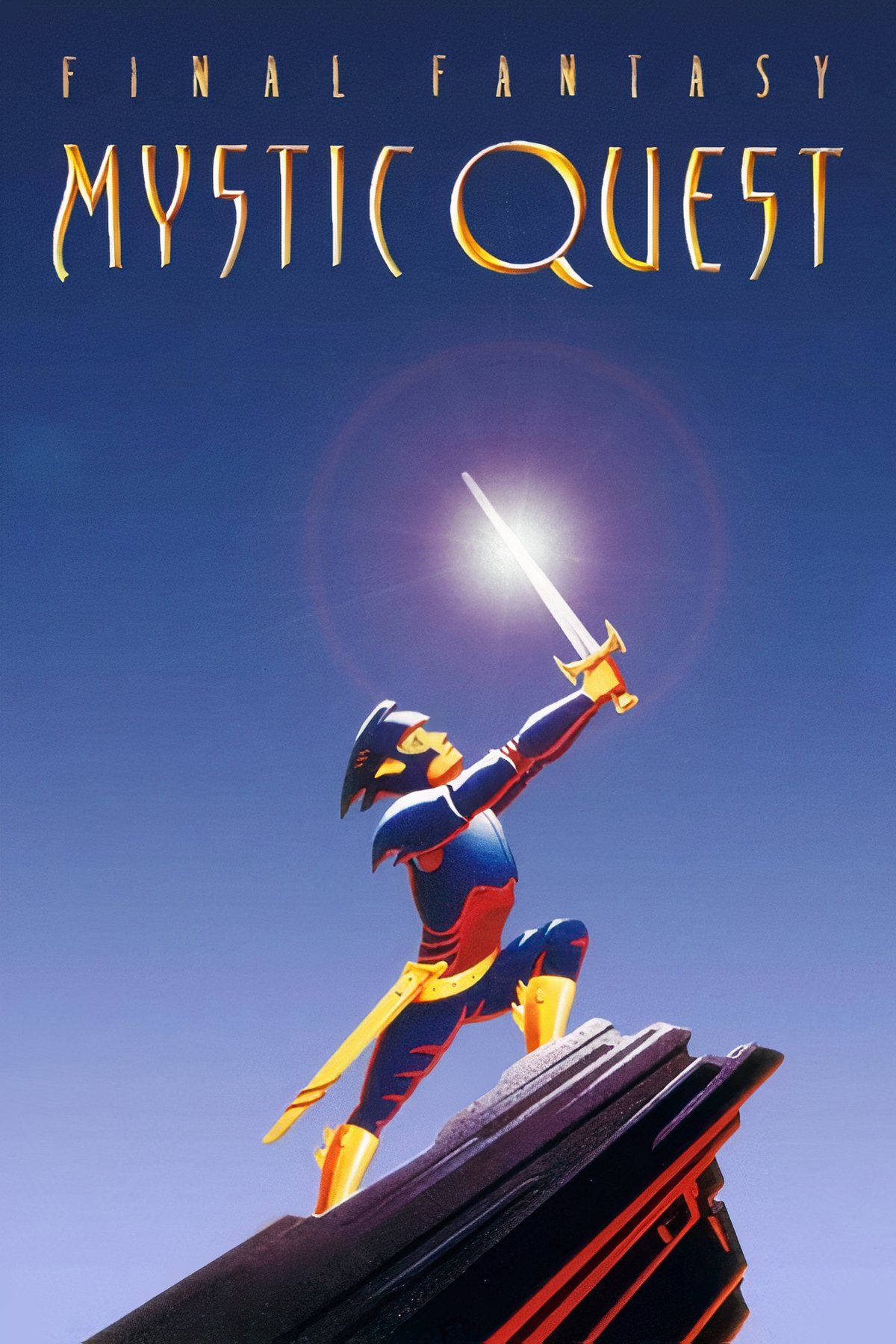
While the intentions of the 1992 release of Final Fantasy Mystic Quest were as an entry-level installment in Square Enix’s burgeoning RPG series, the resulting product ultimately resulted in a title that is “as generic as they come”. This by-the-numbers design and underwhelming design is unfortunately reflected in the title’s simple yet chipper hero, Benjamin.
While he is successful in his reclamation of the region’s Elemental Crystals, and the defeat of the apocalyptic Dark King, Benjamin’s position as a blank slate – as was the trope of early Final Fantasy titles – hinders his power. In his position as Mystic Quest‘s hero, the minimalist design of early Final Fantasy protagonists is diluted further, with his talents even paling in comparison with some of the series’ most incapable champions.
2
Edward Chris Von Muir
An Endearing Character With A Good Heart Yet Moderate Weakness
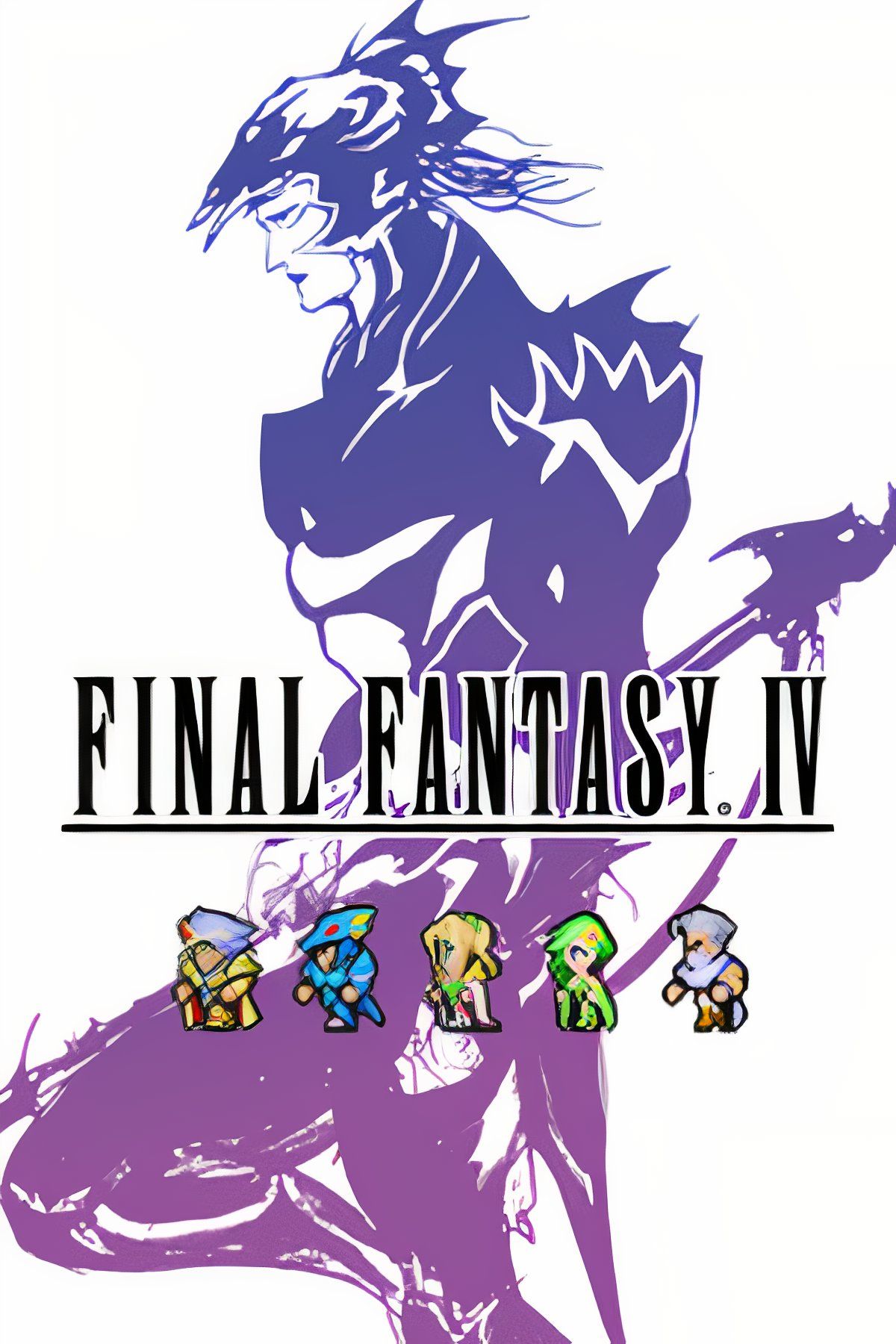
- Released
-
July 19, 1991
- ESRB
-
e
Despite his extreme late-game stat boost, which can effectively only be used briefly before he leaves the party, Final Fantasy 4‘s Edward Chris von Muir is an underwhelming combatant. This is a shame considering his fan-revered personality and design that saw his eventual return to the series with 2008’s sequel Final Fantasy 4: The After Years, however, his position and disposition as a Bard and Monarch bolsters his fragile design.
While the soulful royal is a kind and just man and ruler, considering that he “can easily fall in battle” if not protected by his party, his place in life is simply not suited to the front line. As such, even though his talents lie elsewhere, he is an overwhelmingly powerless protagonist – especially when set alongside the towering heights of the series’ future heroe
1
Vaan
Final Fantasy 12’s Street-Rat Self-Insert Who Gets His Allies To Fight For Him
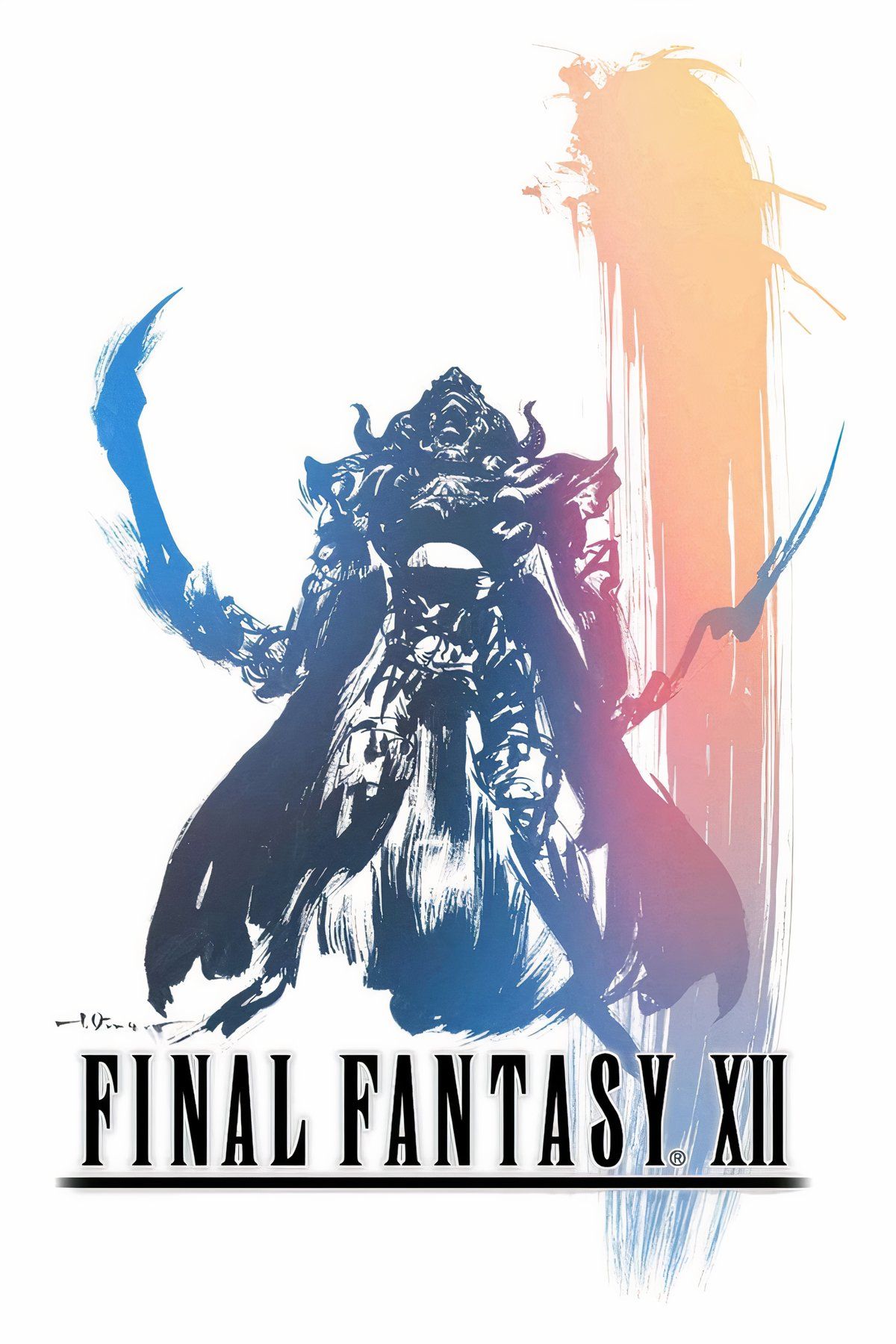
- Released
-
October 31, 2006
- ESRB
-
T For Teen due to Alcohol Reference, Fantasy Violence, Mild Language, Partial Nudity, Suggestive Themes
With the Final Fantasy series’ anthological dynasty of brave and powerful heroes and heroines, Final Fantasy 12‘s Vaan is a glaring departure from even the most subpar warriors in the series.
A relatively blank vessel for players to occupy during the 2006 RPG’s runtime, Vaan’s Rabanstre street urchin roots bestow him with a sense of scrappiness and tenacity that is sometimes endearing yet often frustrating. Especially considering his physical and technical weaknesses, Vaan often gets himself in situations that place danger at his party’s feet. However, as he often has to “rely on his friends to aid him in a tough spot”, Vaan’s brashness and weakness are consistently batted away if players can utilize the rest of Final Fantasy 12‘s combative party to bat away threats.
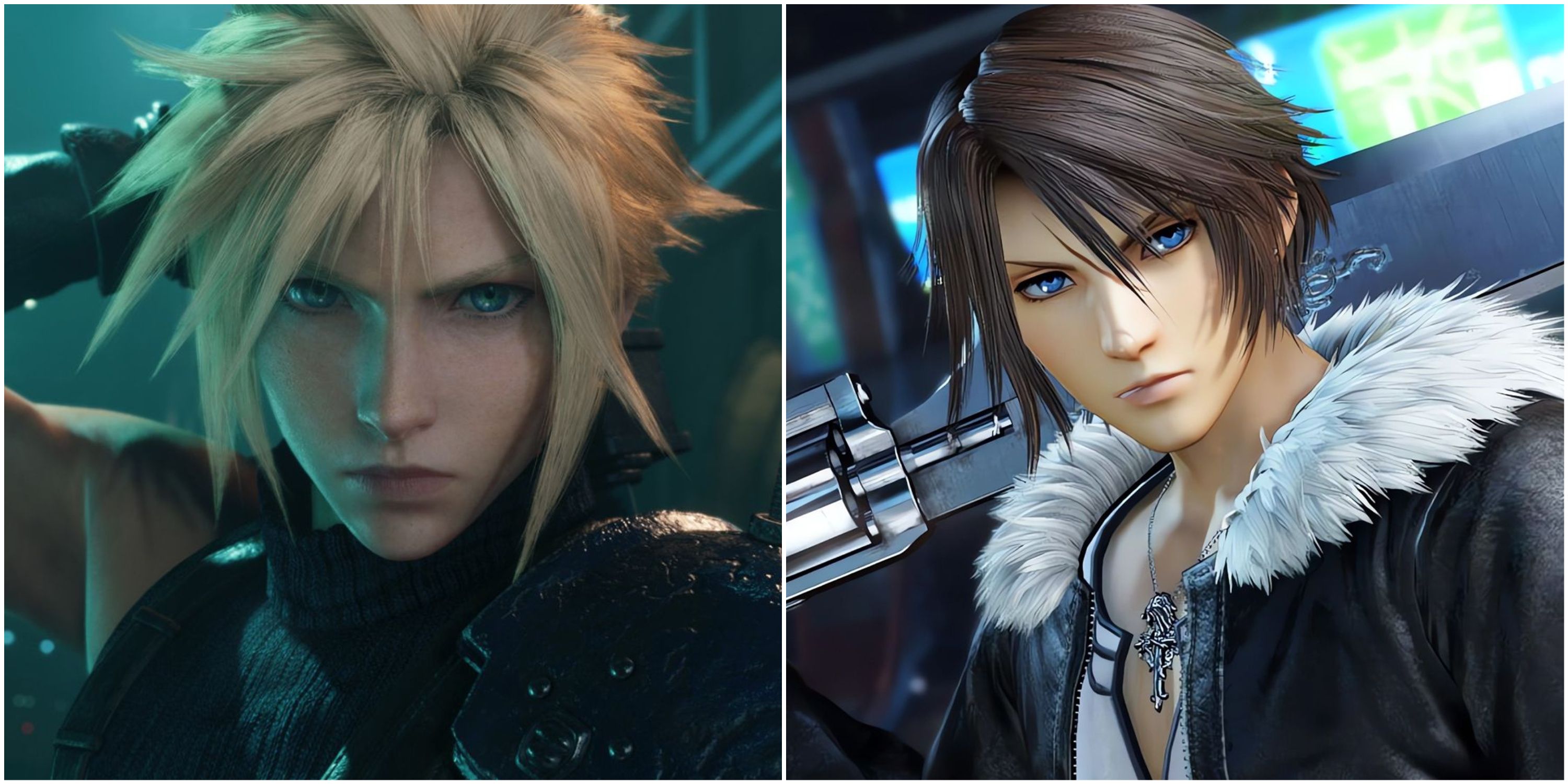
More
Final Fantasy: 5 Protagonists Who Are The Best Leaders, Ranked
Through countless struggles, these Final Fantasy protagonists eventually mature into strong party leaders in their respective games.

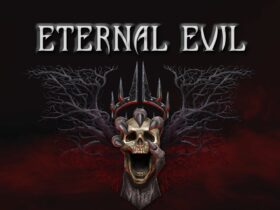
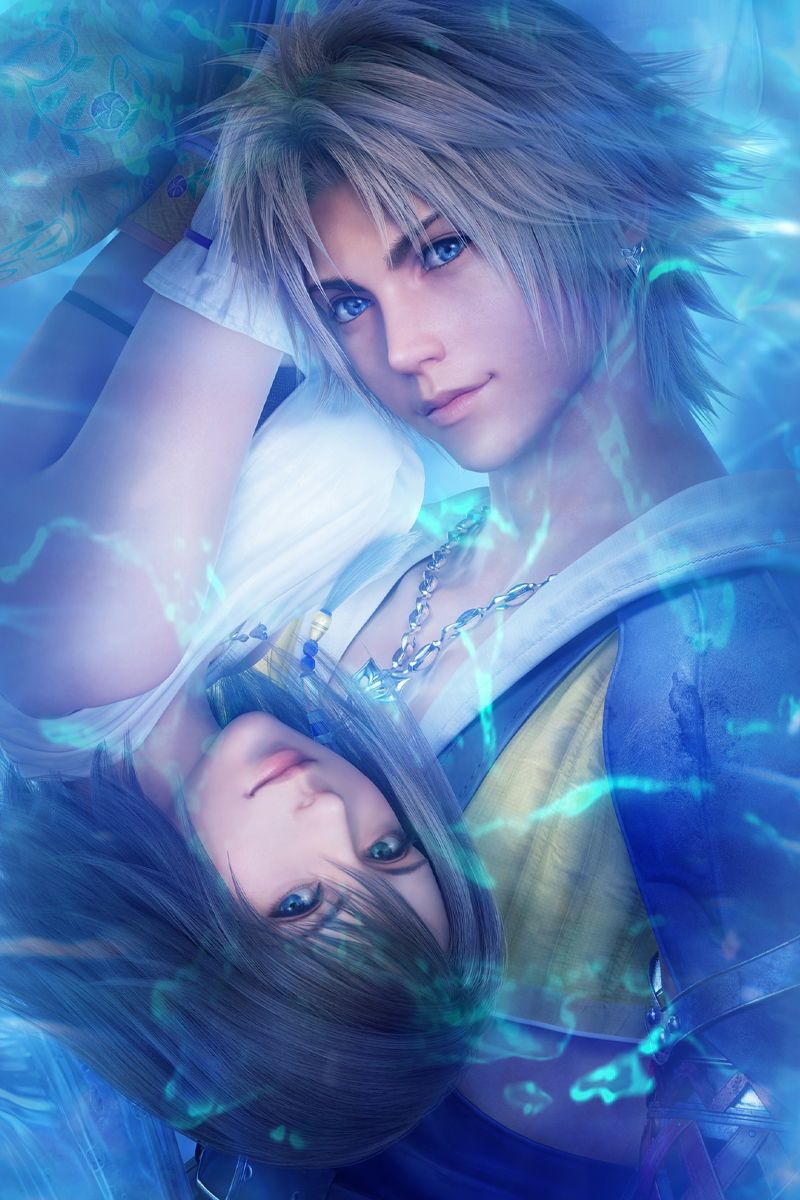

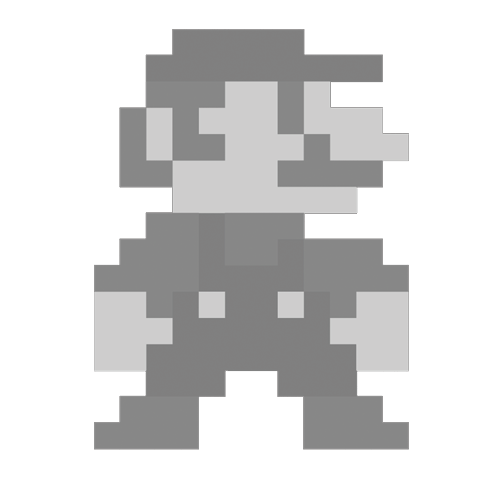



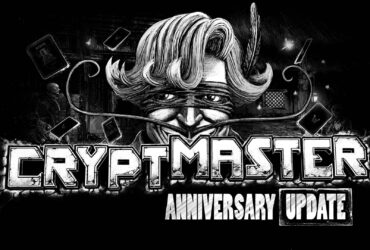



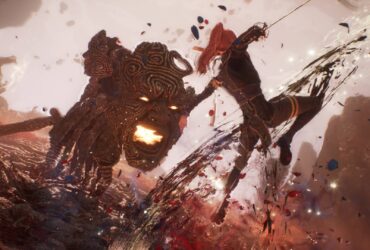

Leave a Reply